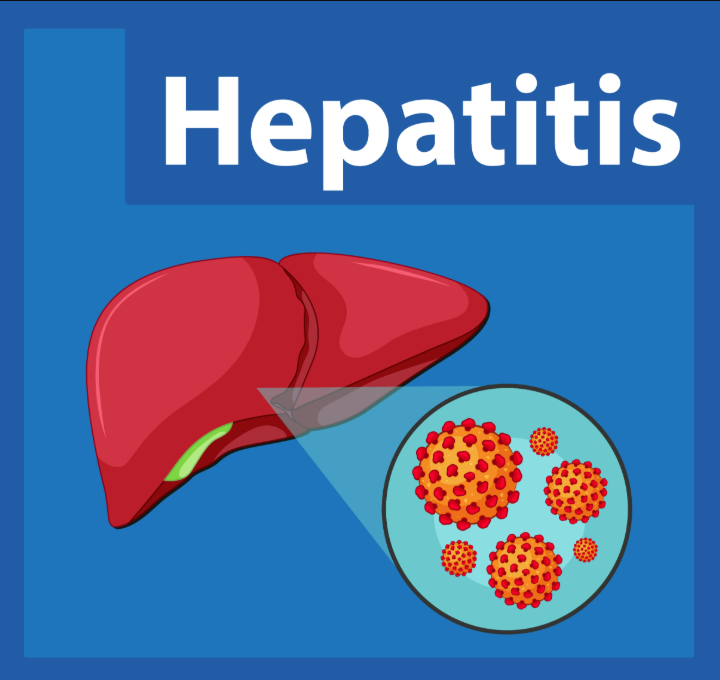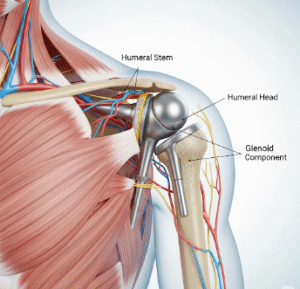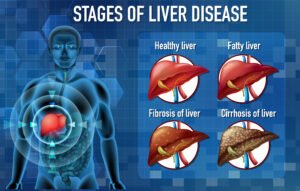Overview
Hepatitis A is an infectious liver disease caused by the hepatitis A virus (HAV), typically transmitted through contaminated food or water. In Korea, sporadic outbreaks occur, particularly in regions with poor sanitation or among travelers. Vaccination and proper hygiene are key strategies for prevention.
What is Hepatitis A?
Hepatitis A is an acute viral infection of the liver that usually resolves on its own without leading to chronic disease. It affects all age groups but tends to cause more severe symptoms in adults than in children. The virus spreads primarily via the fecal-oral route, often through contaminated food or water.
Symptoms
- Fatigue and weakness
- Loss of appetite
- Nausea and vomiting
- Abdominal pain, particularly in the upper right abdomen
- Jaundice (yellowing of skin and eyes)
- Dark urine and pale stools
- Low-grade fever
Causes
- Infection with the hepatitis A virus
- Consuming contaminated food or water
- Close contact with an infected person
- Travel to areas with higher prevalence of hepatitis A
Risk Factors
- Children and adults living in or traveling to areas with poor sanitation
- Eating raw or undercooked shellfish or street food
- Close contact with someone infected with hepatitis A
- Lack of vaccination
- Living in crowded conditions
Complications
- Rarely, acute liver failure (more common in older adults or those with pre-existing liver disease)
- Severe, prolonged fatigue
- Temporary liver function impairment
- Rare hospitalization in severe cases
Prevention
- Vaccination against hepatitis A, widely available in Korea
- Practicing good hand hygiene, especially after using the restroom
- Drinking safe, treated water
- Properly cooking food, particularly seafood and shellfish
- Avoiding close contact with infected individuals
Treatment Options in Korea
Treatment for hepatitis A is mainly supportive, as the infection is usually self-limiting:
- Symptom management:
- Rest, adequate hydration, and over-the-counter medications for fever or discomfort
- Medical monitoring:
- Regular liver function tests to track recovery
- Hospitalization:
- In severe cases or acute liver failure, ICU care is available at hospitals like Samsung Medical Center, Seoul National University Hospital, and Asan Medical Center
- Public health measures:
- Vaccination programs for children and high-risk adults
- Education on hygiene and safe food practices
- Follow-up care:
- Monitoring until liver function returns to normal
With proper prevention and supportive care, patients in Korea typically recover fully from hepatitis A within a few weeks, and vaccination significantly reduces the risk of infection.













